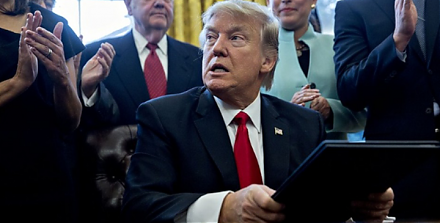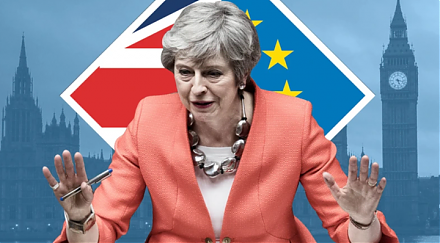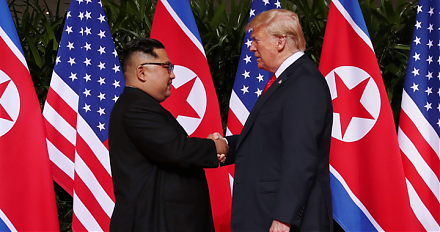

2019-06-15 10:28:00 Sat ET
technology antitrust competition bilateral trade free trade fair trade trade agreement trade surplus trade deficit multilateralism neoliberalism world trade organization regulation public utility current account compliance
The Sino-American trade war may slash global GDP by $600 billion. If the Trump administration imposes tariffs on all the Chinese imports and China retaliates with countermeasures, the global stock market may decline by 10%. In this worst-case scenario, Bloomberg expects global GDP to fall 0.6% or $600 billion by mid-2021. The same simulation suggests that both U.S. and Chinese economic output may decline by 0.7% to 1%. Several countries such as Canada and Europe rely heavily on Sino-American trade and so may suffer as a result. In terms of better balancing the bilateral trade deficit, this deficit has indeed declined from $91 billion to $80 billion from 2018Q1 to 2019Q1 (as the Trump tariffs come into effect). Further, the current U.S. CPI inflation hovers in the range of 1.6% to 1.9% (still below the 2% target level). This fact thus defies the Chinese allegation that the Trump tariffs may substantially raise the Chinese import prices with substantial inflationary pressure.
U.S. retail sales growth continues to slow down even though American consumer confidence rebounds in early-2019 due to higher wages and inelastic labor market conditions. The recent 8% renminbi devaluation coincides with the 25% Chinese stock market plunge and less foreign direct investment.
If any of our AYA Analytica financial health memos (FHM), blog posts, ebooks, newsletters, and notifications etc, or any other form of online content curation, involves potential copyright concerns, please feel free to contact us at service@ayafintech.network so that we can remove relevant content in response to any such request within a reasonable time frame.
2019-01-06 08:39:00 Sunday ET

President Trump signs an executive order to freeze federal employee pay in early-2019. Federal employees face furlough or work without pay due to the govern
2019-01-02 06:28:00 Wednesday ET

New York Fed CEO John Williams listens to sharp share price declines as part of the data-dependent interest rate policy. The Federal Reserve can respond to
2019-05-15 12:32:00 Wednesday ET

The May administration needs to seek a fresh fallback option for Halloween Brexit. After the House of Commons rejects Brexit proposals from the May administ
2018-06-06 09:39:00 Wednesday ET

Donald Trump and Kim Jong Un meet, talk, and shake hands in the historic peace summit between America and North Korea in Singapore. At the start of the bila
2025-10-31 12:26:00 Friday ET

With respect to wider weight loss treatment and obesity treatment, the global market for GLP-1 medications now grows substantially to benefit more than 1 bi
2019-12-16 11:37:00 Monday ET

America and China cannot decouple decades of long-term collaboration in trade, finance, and technology. In recent times, some economists claim that China ma